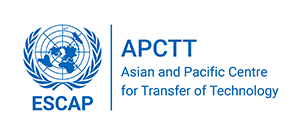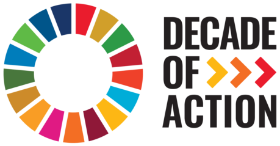Wearable Technology to Aid Disaster Relief
Wearable, interactive 3D technology being developed by the University of South Australia will be able to transfer people into 'mobile augmented reality (AR) systems.' The technology has the potential to dramatically improve the effectiveness of disaster relief operations. Weighing in at 7kg, the technology consists of a computer which can be carried in a backpack, virtual reality goggles and an attached video camera that can convey information to a control room via wireless LAN or 3G networks. People in the field provide digital images, videos, and voice information which are then geospatially mapped to data sources in the control room. The control centre can also create 3D maps and images for field personnel to view via their goggles. If particular experts aren't available in the disaster area, they can direct field staff from the control centre. For example, if a chemical plant is required to be shut down, an expert in the control centre can view the situation via the field operative's wearable technology, and give directions to the field staff on how to close the plant, even circling which lever to operate in the field operative's view through the goggles. The project consists of three components: the indoor visualization control room, the outdoor wearable AR system, and collaboration between the indoor and outdoor systems. The technology has other potential uses, such as in viticulture or defence, etc. The project has been in development for over seven years and it would cost $50,000 for the university to build the complete system. For further details, contact: Prof Bruce Thomas Director Wearable Computer Laboratory School of Computer and Information Science University of South Australia Tel: (08) 8302 3464, mobile 0408 828 942 E-mail: bruce.thomas@unisa.edu.au
Sector: Disaster Management and Mitigation
Country: India
Area of Application: Disaster relief operations
Keywords: Wearable, interactive, 3D technology
Advantages: 1. It provides great support for effective disastermanagement services.
Environmental aspects: Not Applicable
Development Status: Laboratory Model
Legal Protection:
Technical specifications:
Transfer Terms: Consultancy , Others
Target Countries:
Estimated cost (US$):
Upload any relevant document:
Contact Person: UN-ESCAP/APCTT
Address: C-2 Qutab Institutional Area
City: New Delhi
Country: India
Zip/Pin Code:

